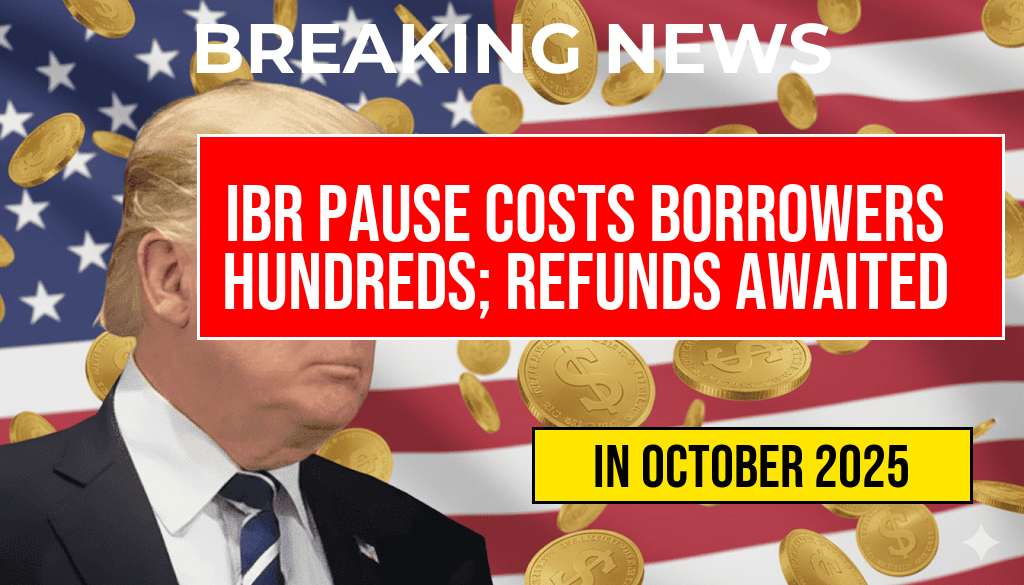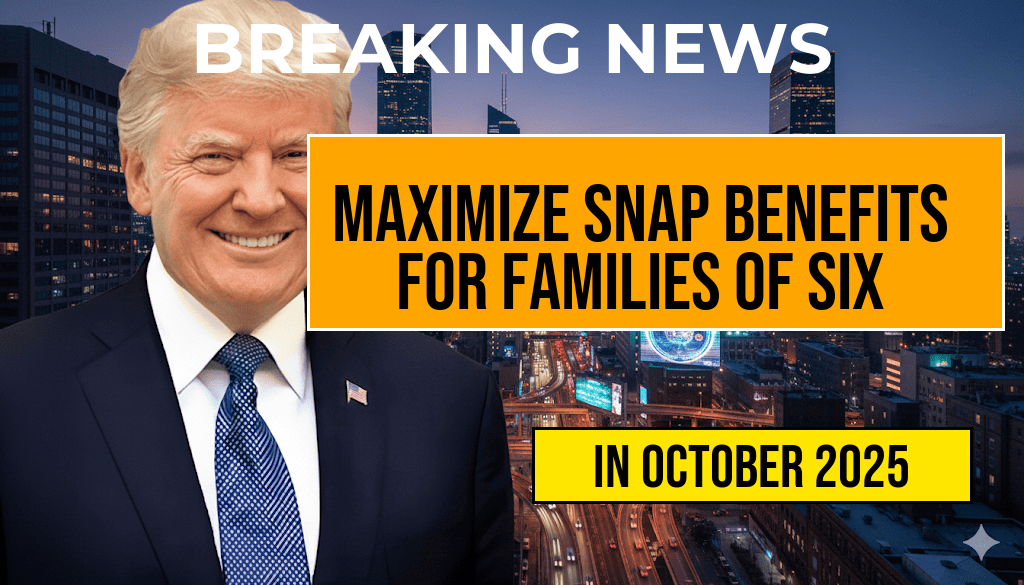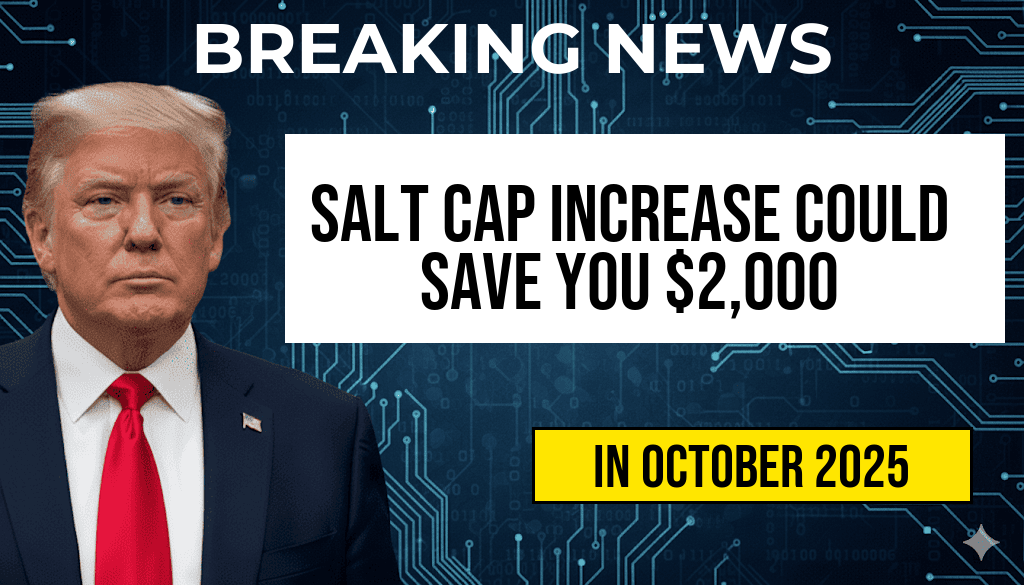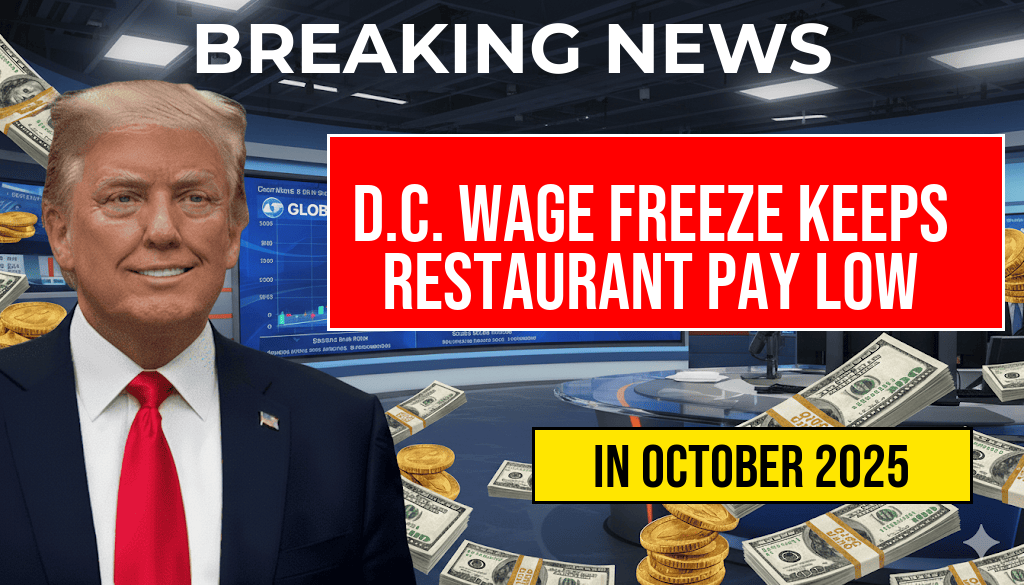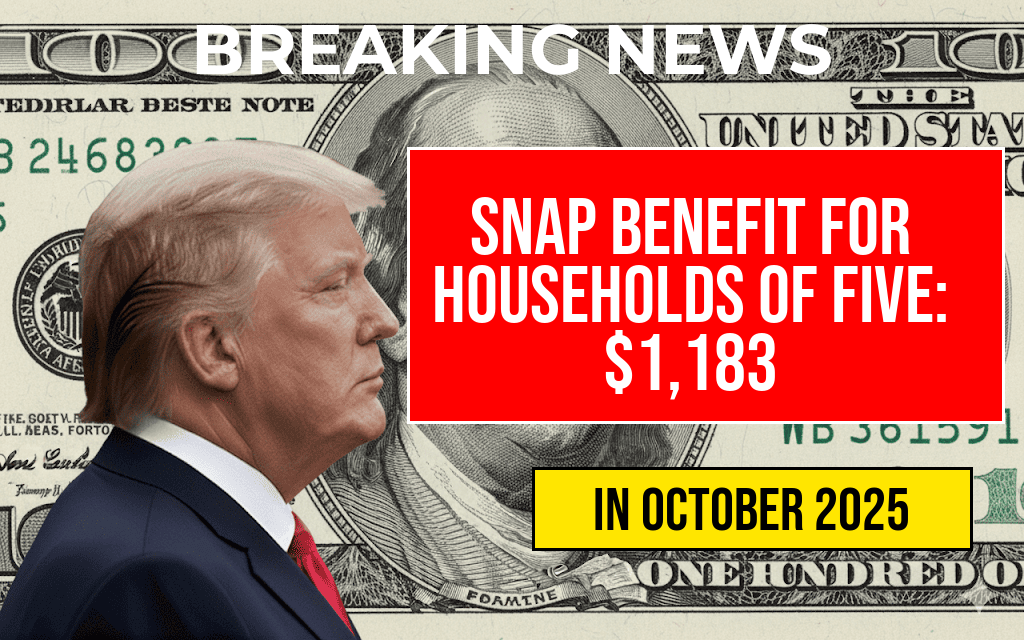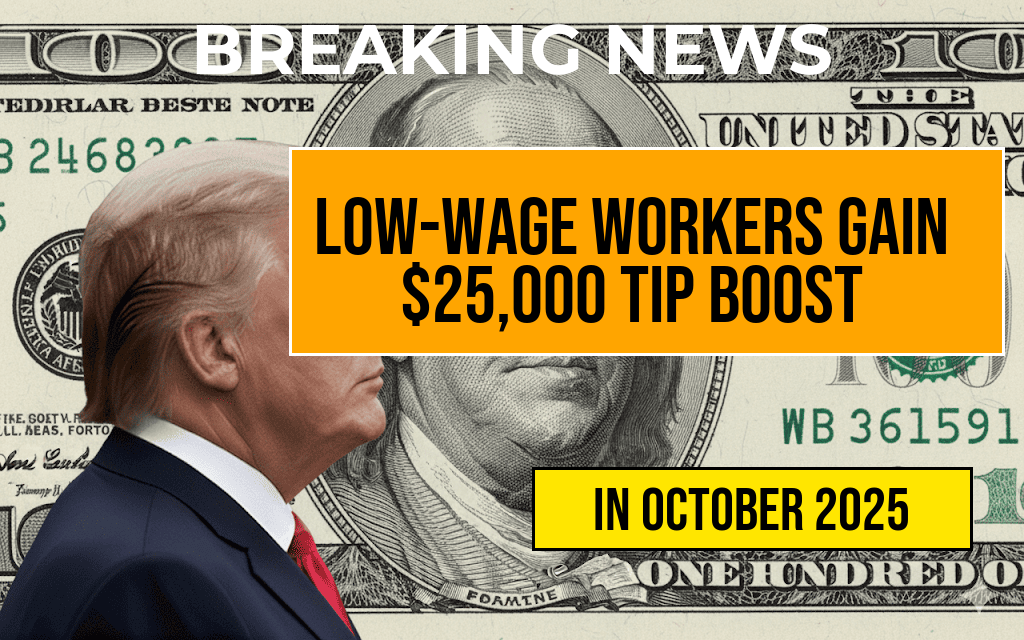The recent pause on the Income-Based Repayment (IBR) plan has resulted in significant financial repercussions for many student loan borrowers across the United States. The temporary halt, which was initially enacted to provide relief during the COVID-19 pandemic, has now led to unexpected losses amounting to hundreds of dollars for those who have been relying on this repayment strategy. With hopes for refunds circulating among borrowers, the exact timeline for these reimbursements remains unclear. Experts suggest that the government will need to act promptly to address these financial discrepancies and support those affected.
Understanding the IBR Plan and Its Importance
The Income-Based Repayment plan is designed to help borrowers manage their student loan debt by capping monthly payments based on their income and family size. This program has been a lifeline for many, allowing them to avoid default while making payments that are manageable given their financial circumstances. However, the recent policy pause has disrupted these arrangements, leaving borrowers vulnerable.
Financial Impact on Borrowers
- Many borrowers have reported a significant increase in their monthly payments, with some facing hundreds of dollars in additional costs.
- The pause has impacted borrowers differently; for some, it has resulted in higher payments than they would have faced under normal circumstances.
- The situation has raised concerns about the long-term sustainability of the IBR plan as well as the overall student loan system.
According to a study conducted by the Federal Student Aid, borrowers utilizing the IBR plan often see their monthly payments adjusted based on their income, which can lead to fluctuations in their repayment amounts. This variability has been exacerbated by the recent pause, leaving many borrowers feeling uncertain about their financial futures.
Refunds Expected but Timing Uncertain
As borrowers grapple with the effects of the IBR pause, the prospect of refunds has emerged as a potential remedy. However, the timeline for these reimbursements is still up in the air. The U.S. Department of Education has not provided a definitive date for when borrowers can expect to receive their funds. This has left many feeling frustrated and anxious as they await clarity on their financial status.
Potential Refund Processes
Borrowers may wonder how the refund process will work once it is initiated. Here are some anticipated steps:
- Identification of affected borrowers and adjustments to their payment histories.
- Communication from the Department of Education regarding refund eligibility and amounts.
- Disbursement of refunds through the original payment method or via checks for those who paid by other means.
Experts are advising borrowers to keep track of their payment records and remain vigilant for updates from the Department of Education. For more information on the IBR plan and potential changes, borrowers can refer to the Wikipedia page that outlines the various income-driven repayment options available.
Advice for Affected Borrowers
As the situation evolves, borrowers are encouraged to take proactive steps to manage their finances during this uncertain time. Here are some suggestions:
- Budget Wisely: Review your monthly expenses and adjust your budget to accommodate higher payments if necessary.
- Stay Informed: Regularly check for updates from reliable sources, including the Department of Education and financial news outlets.
- Consider Financial Counseling: If you’re struggling to manage your payments, consider seeking help from a financial advisor or nonprofit credit counseling service.
The Future of Student Loan Repayment
The challenges posed by the IBR pause underscore the need for reform in the student loan repayment system. Advocates for borrowers are calling for greater transparency and more sustainable repayment options that will not place undue strain on individuals after such unprecedented times. As discussions continue around potential legislative changes, borrowers are left to navigate a complex landscape with the hope that future policies will better serve their needs.
For those seeking additional resources or assistance, websites like Consumer Financial Protection Bureau provide valuable information on managing student loans and understanding borrower rights.
Frequently Asked Questions
What is the IBR pause and how does it affect borrowers?
The IBR pause refers to the temporary suspension of the Income-Based Repayment program for student loans. During this period, borrowers have been unable to make payments or receive credit towards their loan forgiveness, resulting in a financial loss for many.
How much money have borrowers lost due to the IBR pause?
Borrowers have reported losing hundreds of dollars as a result of the IBR pause, primarily due to the lack of progress made towards their loan forgiveness and the accumulation of unpaid interest.
Will borrowers receive refunds for the losses incurred during the IBR pause?
Yes, borrowers are expected to receive refunds for the financial losses incurred during the IBR pause, though specific details and dates for these refunds have yet to be determined.
When can borrowers expect to receive their refunds?
The exact date for when borrowers will receive their refunds is currently unknown. Updates are anticipated from the relevant authorities as they finalize the refund process.
What should borrowers do in the meantime regarding their student loans?
While waiting for updates on the IBR pause and potential refunds, borrowers should stay informed about their loan status and consider exploring other repayment options if necessary to manage their financial situation.

